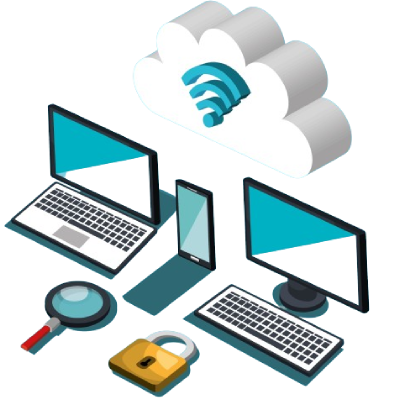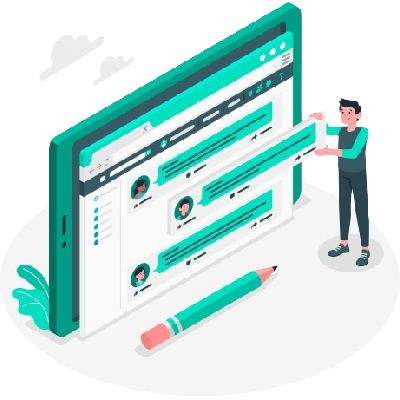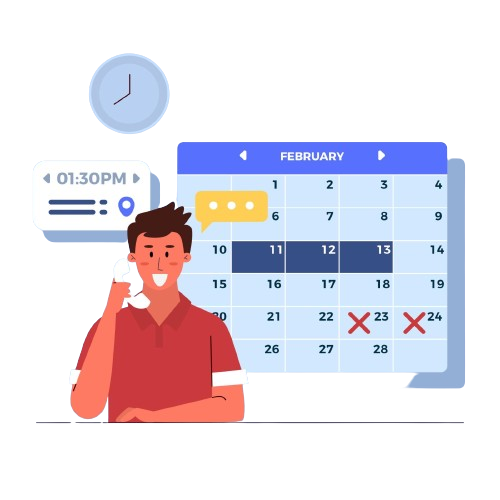Cloud Services
One Ayush helps hospitals to reduce their IT costs by eliminating the need to purchase and maintain hardware and software. Additionally, cloud services can help hospitals to reduce their energy costs by using less on-premises IT infrastructure.One Ayush will make it easier for doctors, nurses, and other healthcare providers to collaborate on patient care. One Ayush allows hospitals to store patient data electronically. This data can then be accessed by authorised providers from anywhere with an internet connection. One Ayush service allows doctors to provide care to patients remotely. This can be helpful for patients who live in rural areas or who have difficulty travelling. One Ayush helps to store and share medical images, such as X-rays and MRIs. This can improve collaboration between doctors and specialists.

Data Protection

One Ayush is a cutting-edge hospital information software offering efficiency and cost-effectiveness. Tailorable to any healthcare facility, it delivers focused, actionable insights. With state-of-the-art patient services and a user-friendly interface, it covers everything from appointment booking to discharge. This comprehensive solution ensures streamlined operations, while continuous updates, compliance, and security measures guarantee a seamless, innovative healthcare experience for professionals and patients alike.
User Management
User management is a crucial component of any hospital management system (HMS). An HMS typically caters to various user groups, each with specific needs and access levels. Here's a breakdown of user management in One Ayush(HMS) Patients: They can use the system to schedule appointments, access medical records (with permission), view test results, manage bills, and potentially even chat with healthcare providers. Doctors and Nurses: They use the system to manage patient records, schedule appointments, review test results, order medications, and document care plans. Administrative Staff: This group uses the system for tasks like patient registration, insurance verification, billing and claims processing, and managing hospital resources. Hospital Management: They use the system for generating reports, analysing hospital performance metrics, and making strategic decisions.

IPD/OPD Management

IPD Focuses on: Patients who require admission to the hospital for a minimum of 24 hours, often for surgeries, complex treatments, or recovery. OPD Focuses on: Patients who receive consultations, diagnoses, minor procedures, or treatments without requiring overnight stays.
Remainders
Hospital staff, especially nurses, juggle various tasks throughout the day. Reminder systems can be used to ensure timely medication administration, patient monitoring, vital sign checks, and other critical tasks. Inventory Reminders: Reminders can help maintain adequate stock levels for medications, medical supplies, and equipment, preventing delays in patient care. Meeting and Training Reminders: Staff reminders can ensure everyone is aware of upcoming meetings, training sessions, or important deadlines.

Certification

Hospitals in many regions act as reporting agents for births. They collect the newborn baby and mother's details for the vital records office. One Ayush (HMS) provides initial birth records or documentation used to apply for the official certificate at a government office. Death Certificates: Hospitals typically complete a portion of the death certificate, including details of the deceased's stay and cause of death. One Ayush (HMS) provides to medical officers the information and issues for the official death certificate. Overall, One Ayush (HMS) plays a supporting role in ensuring proper birth and death registration. We don't issue the certificates, but contribute to the process by providing essential data and completing initial†documentation.
.png)